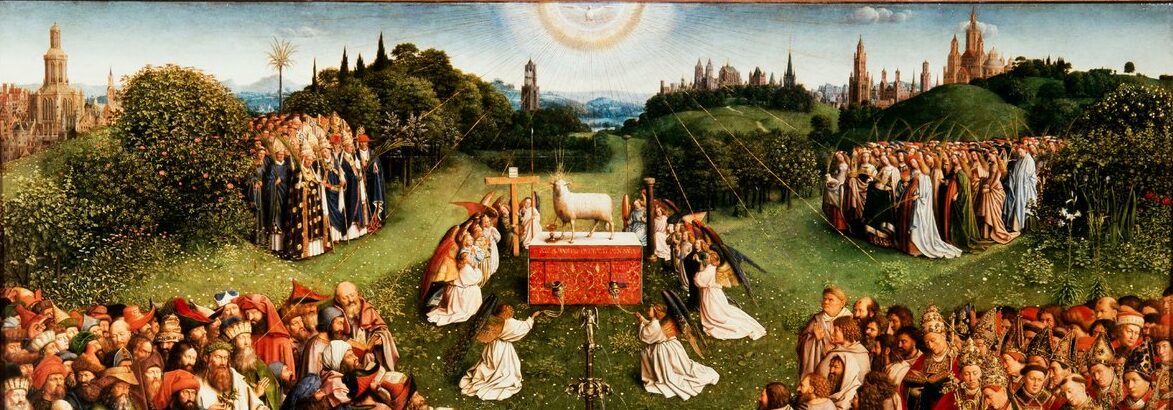ARNALDO VIDIGAL XAVIER DA SILVEIRA
PART I
THEOLOGICAL AND MORAL IMPLICATIONS OF THE NEW ORDO MISSAE
PART II
THE THEOLOGICAL HYPOTHESIS OF A HERETIC POPE
Source :
Page 205 of the text you can find in :
http://www.traditioninaction.org/Questions/WebSources/B_612_AX-English.pdf
Resuming: We believe that a careful examination of the question of a Pope heretic, with the theological elements of which we dispose today (note of the redaction : Prof Da Silveira found about 145 authors in the history of the Church wrote about the question : Church fathers, popes, councils, Church doctors, bishops and theologians), permits one to conclude that an eventual Pope heretic would lose his charge in the moment in which his heresy became “notorious and publicly divulged”. And we think that this sentence is not only intrinsically probable, but certain, since the reasons allegeable in its defense appear to us as absolutely cogent. Besides, in the works which we have consulted, we have not found any argument which persuaded us of the opposite.
Notice :
The second part of the conclusion is not valid.
This is the text of this second part:
Anyway, other opinions remain extrinsically probable, seeing that they have in their favor authors of weight. Therefore, in the order of concrete action it would not be licit to take a determined position, seeking to impose it without more ado. It is for this reason that, as we said in the beginning (1), we invite the specialists in the material to restudy the question. Only thus will it be possible to arrive at a general agreement among the theologians, so that a determined opinion can be classified as theologically certain.
It is not valid because of the principle that an extrinsical probability doesn’t count when there is a intrinsical certainty, what is the case here (see first part of the conclusion here above).
Proof of this principle is in the professors same study, page 142:
“A Proposition or opinion is called probable when it has in its favour reasons or motives of such weight, that a prudent person can assent to it, not in a firm manner (as in the case of certainty), but with a fear of error” (Noldin-Schmitt-Heinzel, Summa Theol. Mor., vol. I, p. 215, n. 225). The intrinsic or internal probability “is founded upon reasons drawn from the very nature of the thing”; the extrinsic or external is “based directly upon the authority of the learned” (idem, ibidem, p. 215, n. 226). “The external probability per se supposes the internal, that is, it supposes that the learned have been led by internal reasons to embrace the truth” idem, ibidem, p. 215, n. 226). Granted that the external probability is based essentially upon the internal, it is not licit to appeal to the external probability when one knows that the opinion is false and does not have any internal probability of being correct, even though authors of great name defend the opinion. External probability without internal probability can only be invoked when one is treating of an obscure matter, involved in difficulties, and still not sufficiently clarified by the authors” (idem, ibidem, p. 225, n. 238).
In the above case we have intrinsical certainty, so the opposite external probability doesn’t count.
